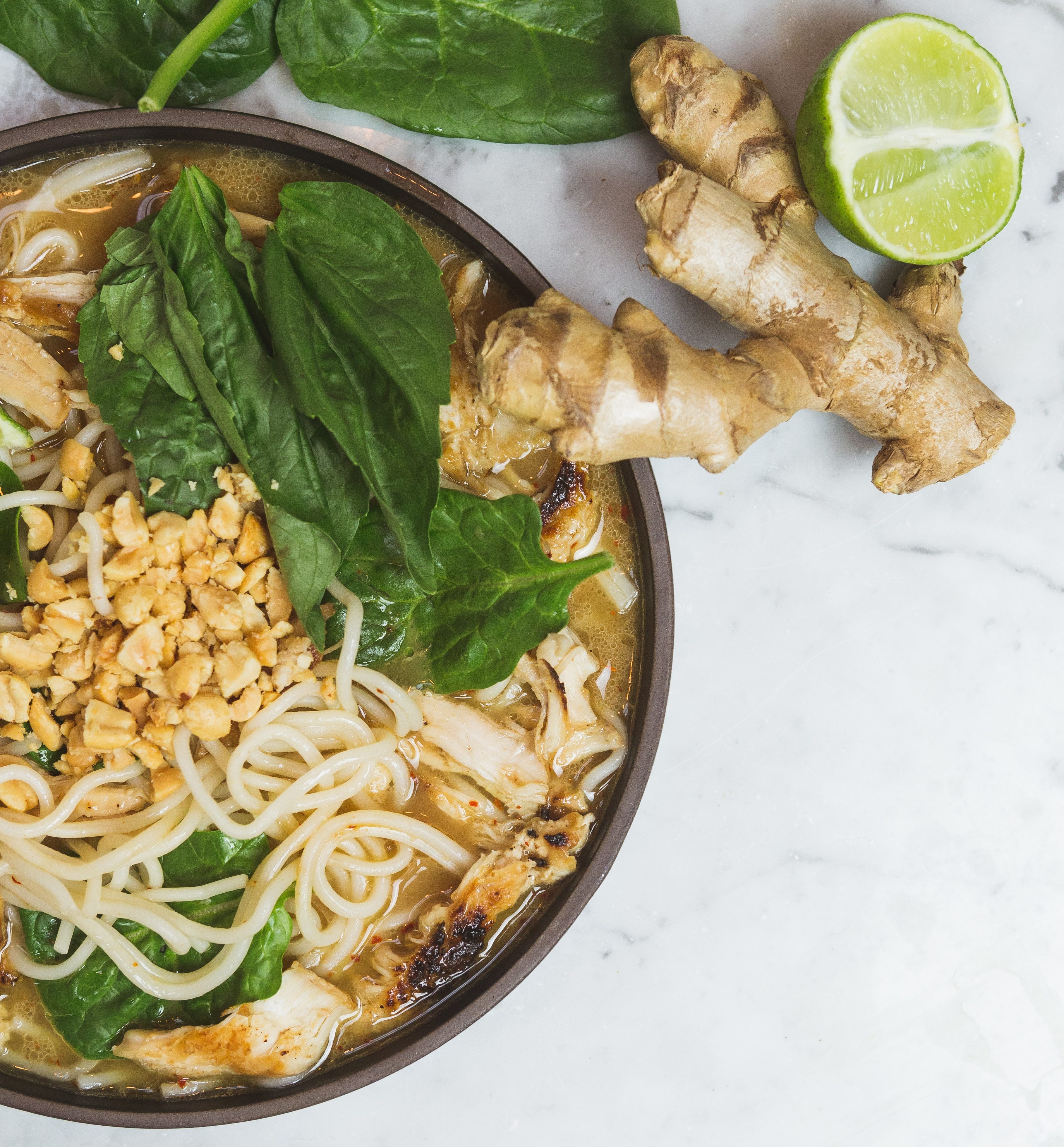Wantanee Suntikul, The Hong Kong Polytechnic University

Gastronomy tourism campaigns were started as early as the 1990 s by the Tourism Authority of Thailand (TAT). In 1994, the Thai government launched the successful tourism marketing campaign, “Amazing Thailand”, which also highlighted Thai cuisine. However, these marketing campaigns did not systematically promote Thai gastronomy, but merely promoted it as one of many elements of Thailand’s intangible tourism attractions.
The first official promotion initiative explicitly for Thai gastronomy dates to around 2003 with Thai Prime Minister Thaksin Shinawatrastartedan’s ambitious campaign named “Thai Kitchen of the World.” This campaign promoted Thai food as a leading world cuisine, “on the principle of creative economy under the ‘Thailand Food Forward’ concept (Government Public Relations Department, 2009 ). The Thai government’s goals for the “Thai Kitchen of the World” initiative are to make Thai food products a leading export of Thailand, prioritizing safety, health and sanitation; to stimulate export for raw materials and ingredients for cooking Thai recipes; to encourage Thai restaurants abroad to act as tourist information centers as well as marketplaces for the “One Tambon (district) One Product” campaign, and to increase the number of Thai restaurants abroad to promote the “real Thai taste” with an international standard.
Such campaigns are effective catalysts for gastrodiplomacy, the use of national and regional cuisine to encourage global publics to develop positive associations with a nation’s image and culture.
Under the “Discover Thainess” tourism campaign, which was launched in 2015, “Amazing Thai Taste” was promoted in 2016, depicting Thai cuisine as one of seven unique attributes of “Thainess”. In 2017, CNN named Thailand the world’s best destination for street food and the Michelin Guide started to publish a Bangkok edition in the same year, also giving one star to a traditional Thai street food vendor.
In the Second National Tourism Development Plan (2017-2021), the Thai government focused more on promoting regional food and Thai cuisine as elements of cultural identity and further encouraged the preservation of local authenticity as a tourism product. This approach is seen to be in line with the principles of community-based tourism, which the Thai government has been promoting throughout the past decade. Tourists can learn about the uniqueness of the cuisines of various regions of the country. Gastronomy tourism has become a pivotal aspect of Thailand as a destination, and localities have promoted their regional cuisines through community-based tourism, food festivals and culinary trails. The public organization “Designated Areas for Sustainable Tourism Administration” (DASTA) has integrated gastronomy tourism into its development of sustainable tourism in targeted areas of the country.
As Thai food has become a global cuisine, people are likely to come into contact with this culinary tradition outside of Thailand as well. Seeing Thai cuisine as a “storyteller of Thai culture”, the Thai government has worked to monitor and promote the quality of food and service in Thai food exports, declaring in 2017 that the campaign had succeeded in establishing and enforcing standards and raising awareness of Thai food as the popularity of the national cuisine grows overseas.
The Thai government has acknowledged the importance of supporting unique and memorable food contexts such as homestays, cooking classes and experiential activities such as fishing and tea-leaf gathering as settings that are documented and circulated in words and images through social media channels. The Tourism Authority of Thailand has also collaborated in the production of television programs such as FoodWork and Caravan Samranjai that have promoted Thai cooking culture. Such initiatives are seen as contributing to the rise of cooking classes and other food experiences to become among Thailand’s most popular tourism activities. These experiences, in turn, raise awareness of the value of sustainable tourism that preserves and appreciates local foodways.
For example, in top tourist destinations in Thailand such as Chiang Mai, cooking classes are the most popular tourism activities. Cooking schools are seen as an important tool, not only to spread appreciation of Thai food, but also to raise awareness of other aspects of Thai culture and traditions among international tourists.
Under the National Tourism Development Plan 2017 -2021, the Thai government continues to expand gastronomy tourism as a component of a sustainable tourism approach in a growing number of destinations in Thailand, providing support to local communities and tourism -related enterprises (Department of Tourism 2017).
 Best practice in Thai Gastrodiplomacy
Best practice in Thai Gastrodiplomacy
With campaigns like “Thai Kitchen to the World”, Thailand has practiced gastrodiplomacy through successful tourism marketing strategies since the 2000s. It has significantly increased the competitiveness of Thai cuisine across the globe, extended Thai cultural influence and promoted agricultural exports. Thailand has built its nation branding through gastrodiplomacy which extends country’s soft power through cultural diplomacy. As a result, numerous Thai restaurants have been opened abroad and have become promoters of Thai national identity of overseas. Thai food is currently ranked as the 4th most popular ethnic cuisine and the 6th most favorite food type overall. Thailand’s tourism authority has utilized its tourism website to better facilitate tourists in accessing quick recommendations on restaurants with various search categories such as lifestyle, cuisine, destination, prices, tourism standards and other keywords.
The “Global Thai Campaign” is a potent demonstration of how different authorities can work together to create a unique national tourism image related to food, fashion, health and culture. It is a joint effort of the Ministry of Foreign Affairs, the Ministry of Commerce and the Ministry of Labor to market Thai cuisine through cultural promotion initiatives to distinguish the destination from others. The government also provides accreditation for overseas Thai Restaurants to monitor authenticity and quality with respect to listed criteria. By doing so, the Thai government can control the image-building role of Thai restaurants abroad.
These restaurants can also receive government funding and loans for operation (Lipscomb, 2019). Furthermore, there are government professional culinary training programs to qualify Thai chefs to work abroad. The government issues “Thai Chefs Work Visa” for them to work overseas in countries like New Zealand. The best practice of Thailand’s gastrodiplomacy campaigns have inspired other nations to use cuisine as a nation branding strategy. The Thai government continues to promote the national cuisine with programs ranging from Thai Ambassador to the promotion of Thai night market and street food as well as other collaborative efforts with private sector entities like the Association of Southeast Asian Nations, as well as organizing Embassy or Consulate General-hosted food and cultural events throughout the year (Ministry of Foreign Affairs of the Kingdom of Thailand, 2018). Current efforts focus on the US and Europe as well as non-western countries.


